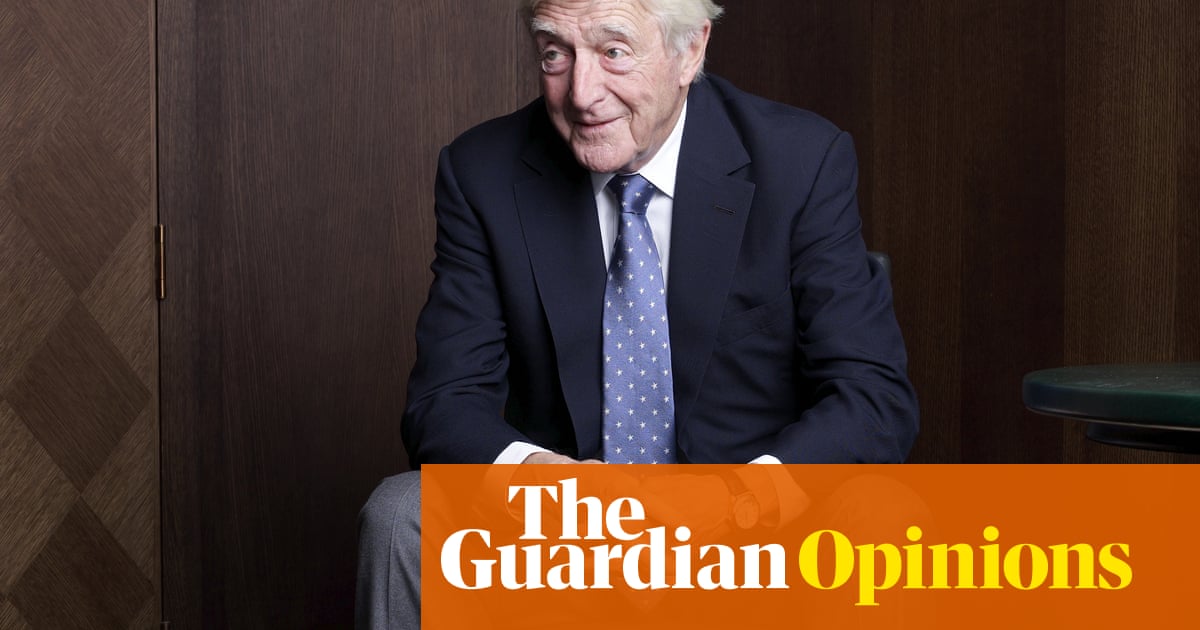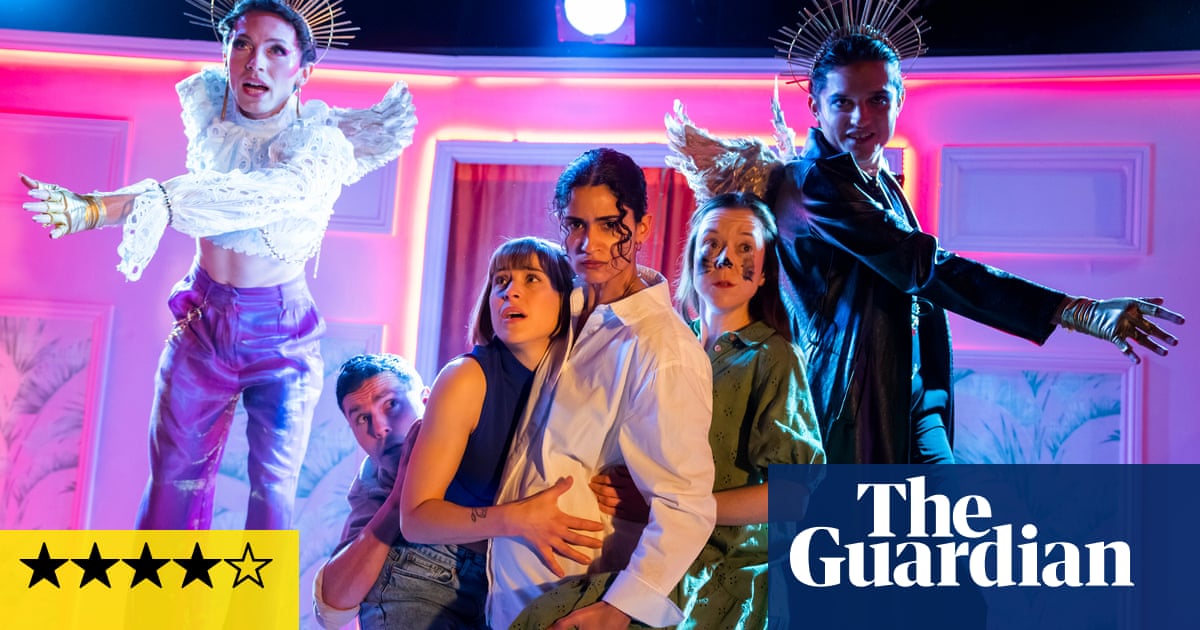
‘Supes are like cops; they can’t be charged for damages while on the job,” says Hughie Campbell, the everyman at the centre of The Boys, Amazon’s contrarian take on the superhero genre. This is a show that, for all its slick editing and high production values, never misses an opportunity to punch up – specifically, at the caped heroes we are usually meant to adore. That sets it apart from the rest of its genre. It is a series that asks: what if, instead of falling under the auspices of a benevolent government organisation such as Marvel’s Shield, the US’s superheroes were the property of a secretive corporation whose sole concern was its bottom line?
With the show returning for a second season, the political commentary of the comic-book adaptation has been dialled up – setting a new standard for how these superstalwarts should be treated on screen. Comics have long used familiar heroes to explore difficult themes, but, after a decade at the centre of popular culture, it is exciting to see other superhero media catch up and become more self-aware and critical of the cultural monolith that caped crusaders have become.
And it couldn’t happen at a better time. With blockbuster season cancelled – Marvel’s Black Widow and DC’s Wonder Woman 1984 had their summer cinematic releases pushed back due to Covid-19 – Amazon can expect to see audiences turn to The Boys for their superhero fix.
If they do, they will see a show packed with satirical jabs at real-world problems. The shady corporation that owns the supes, Vought, feels like a dark mirror of Disney – the company that owns Marvel. The opening episode even features a reference to Vought opening a theme park on the outskirts of Paris. And, with the US presidential election just a couple of months away, The Boys offers a terrifying glimpse into a world in which the US’s man-baby-in-chief has literal superpowers.
To take advantage of the hype, Amazon has ditched the now familiar binge-watch model. The first three episodes drop tomorrow, then the next five will be released weekly in an effort to keep the buzz around the series going. It also has the handy effect of meaning the final episodes coincide with the run-up to November’s vote.
But if the show is truly to transcend its genre, it still has a couple of hurdles to clear. The most notable being its occasionally questionable portrayal of women; perhaps this should not be a surprise, given the title. Season one received criticism for sidelining Kimiko, the only female member of the titular anti-superhero vigilante group. Moreover, the show had a distasteful habit of using rape as a plot device in an effort to lend the show an additional layer of grit. This summer looked as though it would be the breakthrough moment for women in superhero movies; it would be a shame if The Boys failed to carry the torch.
The introduction of a superhero, Stormfront (Aya Cash), is central to this. Gender-flipped from the comic on which the series is based, she is straight-talking and social-media-savvy, making her as the perfect millennial idol. But, as with everything in this show, there is more than meets the eye. Does the name Stormfront ring a bell, perchance?
The second season takes the premise of the series – profit-hungry superheroes more interested in themselves than the greater good – and runs with it. It is a significant improvement on its debut run, with issues examined more purposefully, character motives explored in greater depth and less of a tendency to lean on graphic sex and violence to hold viewers’ attention. After the critical success of HBO’s Watchmen – which used the superhero milieu to present a searingly prescient portrait of a US on the brink of racial conflict – perhaps the more conventional delights of The Boys show that there is a place for introspection and complexity in mainstream superhero media.
Season two of The Boys starts on 4 September on Amazon Prime Video












